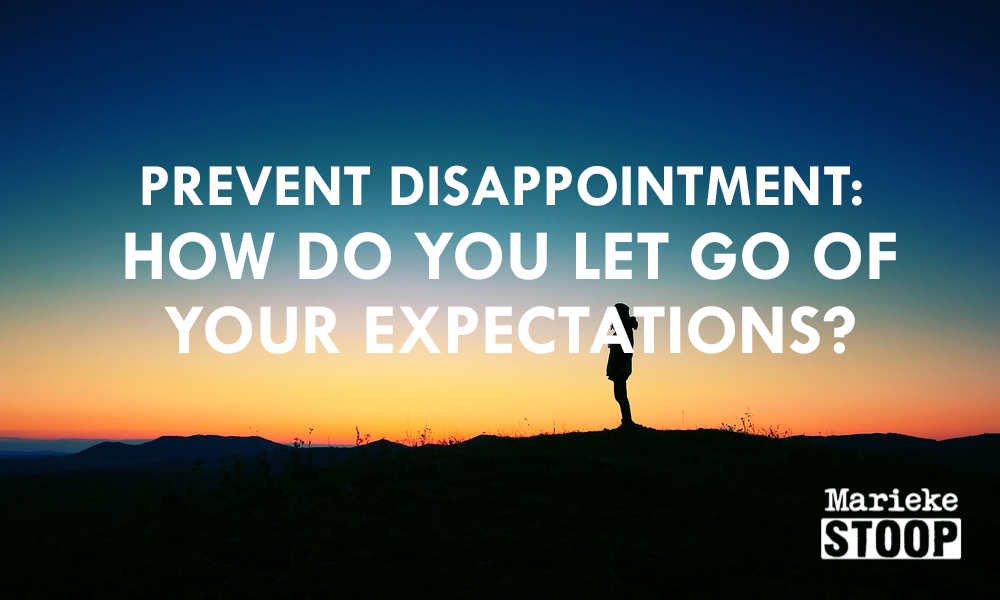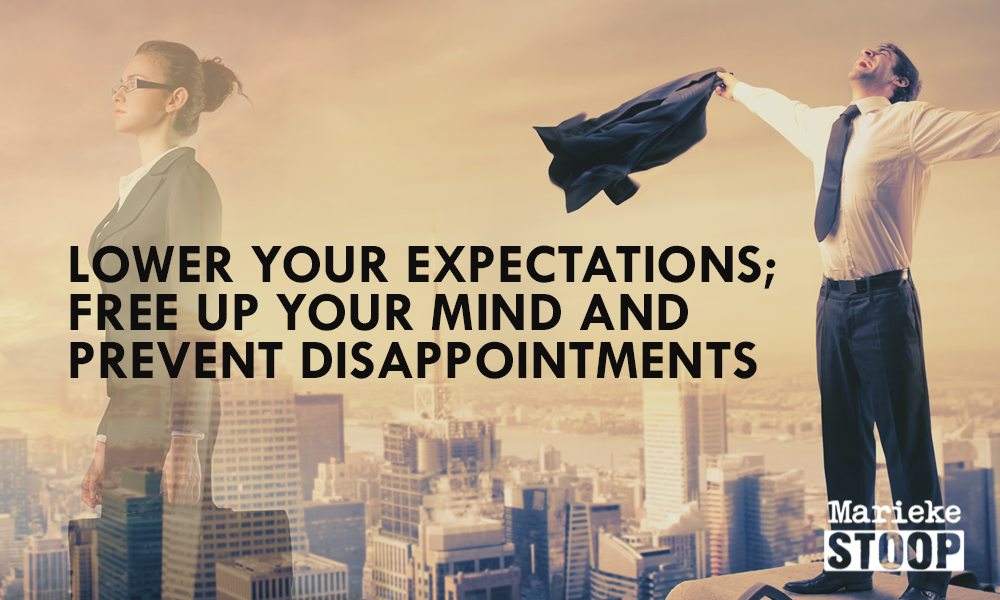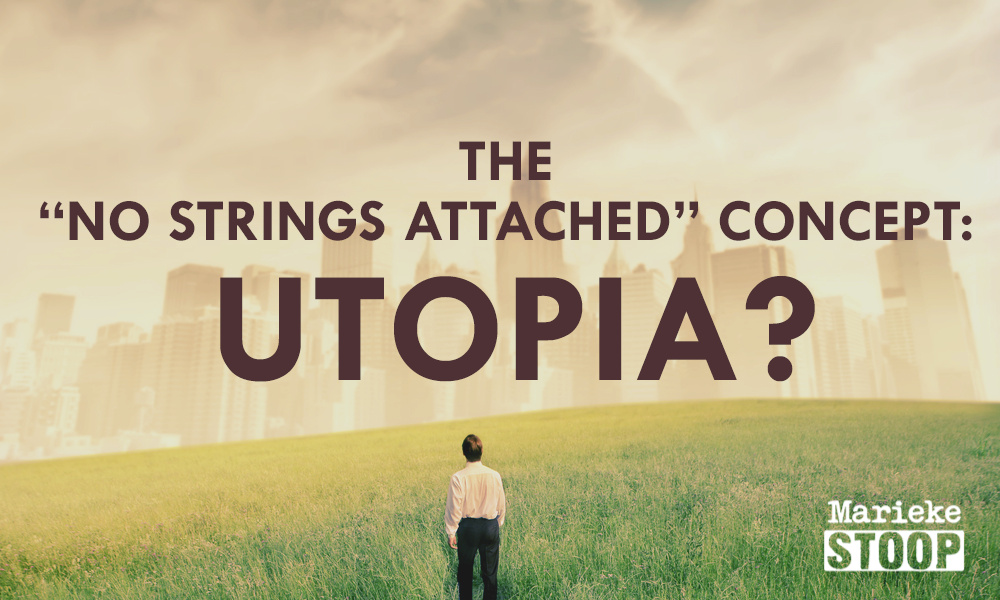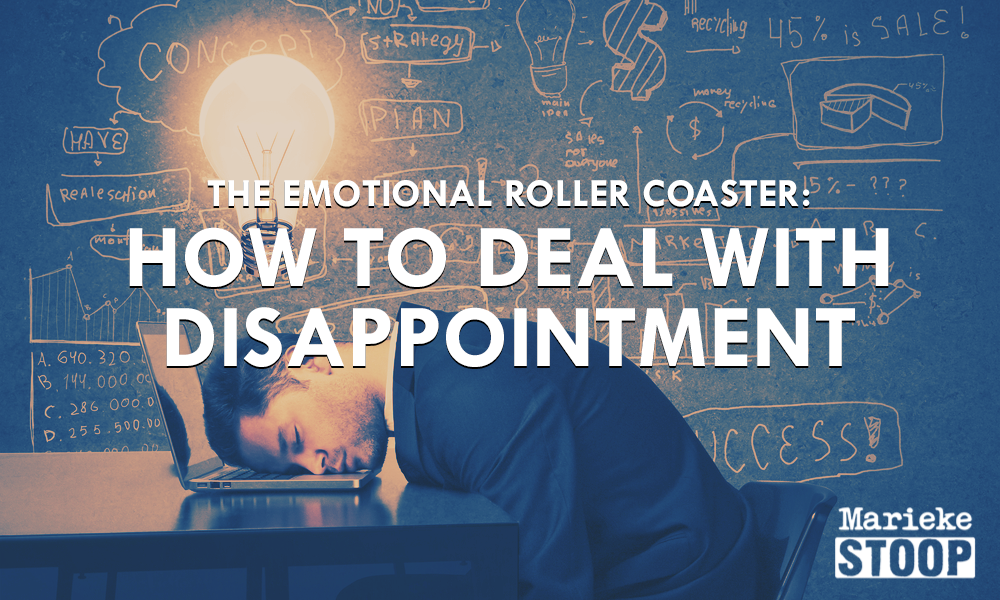In your life you have expectations about yourself, your job, spouse, children and life as well as about society and love. These predetermined expectations are ideas, assumptions and feelings, based upon your own values and experiences. Disappointment will arise if these expectations are not well managed or worked out.
Why do we have expectations?
Expectations arise from an image in your mind combined with emotions , which will define exactly how a situation that is about to happen will occur. You could be worried, or feel the need to control the outcome.
If you are feeling insecure, expectations will arise more, as you are eager to prepare yourself in advance. This behaviour will prevent you from being surprised or overwhelmed in a particular situation. You are constantly, unconsciously, adapting your attitude and behaviour to suit the direction that you expect the outcome to take.
How does acting upon expectations work in practice?
Let’s say you assume a certain reaction from your partner in a specific situation. Imagine that in that situation, the following will happen:
- You will perceive with all your senses and a thought will follow
- Your behaviour and wording are based upon your thoughts and imagination
- You forget, because you are acting according to your thoughts, to see and feel what happens
- Your pre-determined expectations are actually blocking you to be present in the situation
- All your senses in your head, are dominant and will produce the thoughts: “This is the way I see it” and “this is how it is.” From that mindset you experience the situation in one way.
What will happen if I do not act upon an expectation?
To be present in a situation, please be aware of your words and your body language.
Are you standing or sitting down? Do you have your arms or legs crossed? Do you feel good/uncertain /tense? Which words do you use? Are you starting to speak slower/faster/louder? What kind of questions do you ask? Do you even ask any questions?
If you are aware of a shift in your body language, you become a spectator of yourself. Thoughts (expectations) and emotions will not guide you. You are not concerned with what is missing from what you would expect.
You will be asking different questions as your behaviour is driven by authenticity and not by pre-prepared thoughts, behavior and expectations. You and others will observe changes in verbal and non-verbal communication.
Conflicts arise due to different opinions. These differing opinions lead to battles, as it is difficult to reach an agreement. It is far easier to reach an agreement on an observation. (for example: a red chair). Keep all that you have read so far in mind when you are observing yourself in a conversation or situation. It will prevent you from having misunderstandings, disappointments and convictions.
As an observer you are flexible and creative in any (unexpected) situation. Your behaviour is relaxed as you tap into your nucleus, which is your potential to act as your yourself, not driven by emotions, thoughts, situations and expectation.
It’s like taking off your “pink/rose-collared” glasses and looking at the real world.
However, if you still got disappointed, please read more in:
- How To Deal With Disappointment: The Emotional Roller Coaster
- Lower Your Expectations; Free Up Your Mind and Prevent Disappointments
Marieke Stoop




